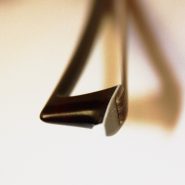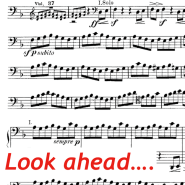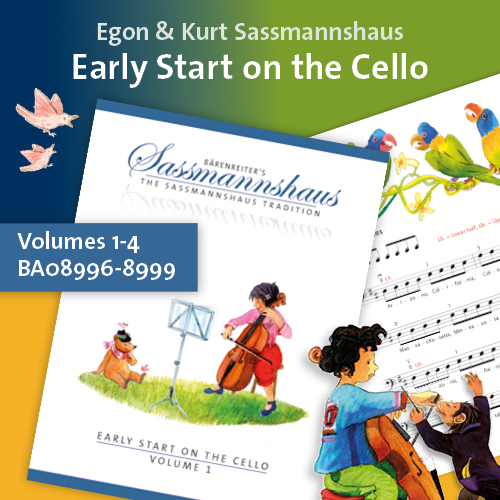Tag: success
By Joanna Latala March 3, 2025
Subjects Artistic Vision, Practicing
Tags consistency, discipline, goals, motivation, passion, routine, schedule, Self-Discipline, success
By Joanna Latala January 20, 2025
Subjects Artistic Vision, Practicing
By Blogmaster March 20, 2013
Subjects Travel
Tags air travel, arguments, Benoît Machuel, campaign, cello, cellobello, draft amended regulation, EU Commission, EU Parliament, European employers, European managers, extra airline seats, fair treatment for musicians, General Secretary, International Federation of Musicians (FIM), Janne Schaffer, Katie Melua, liver performance sector, MEP, miles, Mr. George Bach, musical instruments carried on planes, petition, proposal, specific provisions for instruments on planes, success, support, Travel, victory
By Blaise Dejardin February 2, 2013
Subjects Artists
Tags arrangements, backstage, Blaise, Boston, Boston Cello Quartet, Boston Symphony Orchestra, Boston Youth Symphony Orchestra, BSO, cello, cellobello, change of concept, classical music, comedy, compositions, concert, Dejardin, fun classical music, generations, jazz, making a living, musical comedy, musical styles, new arrangements, orchestra playing, orchestral musicians, Ozawa Hall, quartets, repertoire, rotating chairs, skype, strange concepts, structure, success, Tanglewood, Tanglewood Cello Ensemble, Tanglewood on Parade, Tanglewood Shed, tango, virtuosic music, virtuoso
By Brant Taylor December 4, 2012
Subjects Practicing, Technique
Tags Bach, bow, bow strokes, Brant, Brant Taylor, cellists, cello, cellobello, Chicago Symphony Orchestra, Concerto, contact point, CSO, frog, Pinchas, Shostakovich, success, Taylor, Technique, variables, weight, Zukerman
By Avery Waite September 21, 2012
Subjects Artistic Vision
Tags adventure, Afghanistan, Avery, beauty, cello, cellobello, impact, improvement, intensity, Kabul, language, learning, musical language, patience, students, success, teacher, Teaching, traveling, Waite
By Brant Taylor May 2, 2012
Tags artistry, Auditions, Brahms, Brant, cello, cellobello, color, control, dynamics, Excerpts, exploration, fingerings, goals, inflection, legato, nuance, shifting, success, Taylor, tempo, understanding
By Lev Mamuya April 8, 2012
Subjects Competition, Pre-College
Tags Accomplishment, Auditions, cello, cellobello, Competition, ego, improvement, knowledge, Lev, Mamuya, master classes, motivation, music, organization, performance, Practice, pressure, success
By Robert Battey February 3, 2012
Subjects Practicing
Tags Accomplishment, Battey, cello, cellobello, character, Coordination, Development, dynamics, Effective, ensemble, harmony, Janos, Listening, music, perfection, Rhythm, sight-reading, Starker, success, Technique
By Aron Zelkowicz January 19, 2012
Subjects Chamber Music
By Robert Battey January 1, 2012
Subjects Practicing
Tags ability, Battey, cello, cellobello, chamber music, ensemble, Observation, Practice, Rhythm, robert, sight-reading, success, Technique, virtuoso
By Brandon Vamos May 5, 2011
Subjects Practicing
Tags arpeggios, Brandon, career, cello, cellobello, challenges, Experience, focus, Growth, improvement, motivation, Performing, Practice, practicing, recording, scales, scheduling, school, student, success, Summer
By Lluis Claret April 18, 2011
Subjects Artistic Vision
Tags artistry, beauty, cello, cellobello, chamber music, Claret, colleagues, connection, ego, expression, family, ideas, Interpretation, Lluis, making music, performance, performer, personal ideas, respect, searching, soul, success
By Melissa Kraut April 11, 2011
Subjects Auditions
Tags articulation, Auditions, bow, bow speed, career, cello, cellobello, clarity, commitment, Concerto, connection, Development, Experience, expression, imagination, intentions, intonation, knowledge, Kraut, Melissa, musicianship, passion, possibility, potential, quality, reflection, skill, sound production, Strings Magazine, students, success, suggestions, Technique, tone, vibrato
By Natasha Brofsky March 16, 2011
Subjects Practicing
Tags art, bowings, Brofsky, cello, context, emotion, experiment, fingerings, imagination, inspiration, motion, movements, musical, musical imagination, musicians, Natasha, performance, phrasing, Practice, productive, success, tempo















